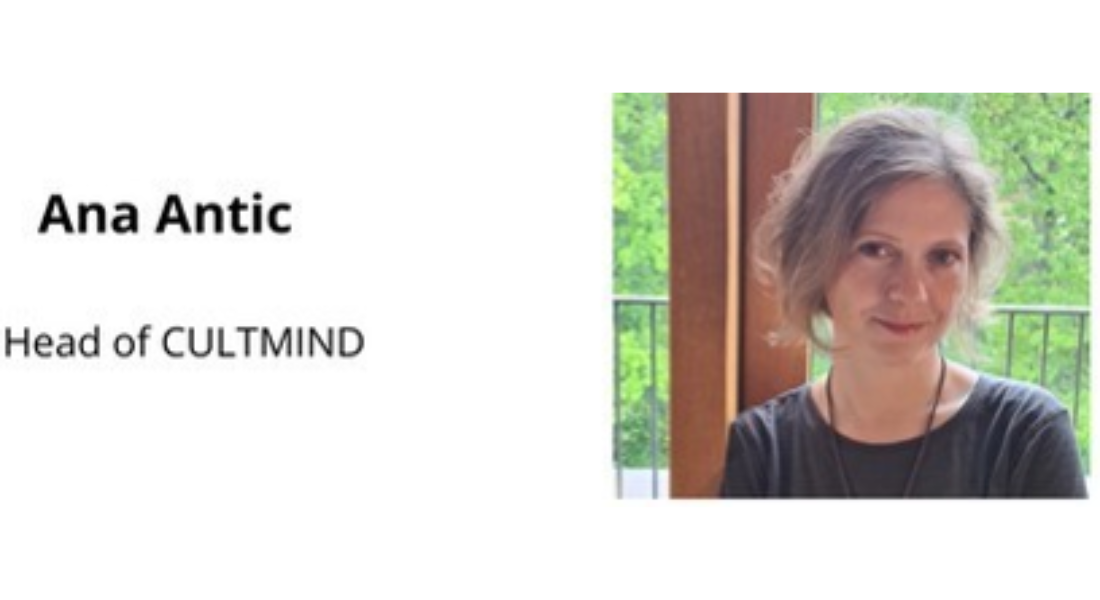Newsletter 4 November
Welcome to CULTMIND Kaleidoscope!
The Centre for Culture and the Mind is an interdisciplinary institution which brings together historians, anthropologists, psychiatrists, psychologists, artists and literary scholars, in order to explore the complex relationship between the human mind, mental illness and broader socio-cultural and political contexts. Our researchers ask how the mind and its main traits and pathologies have been imagined and re- imagined in different historical and cultural settings. We look at how ideas about the mind and psychological illness and care travelled beyond the clinic and became parts of broader social and cultural conversations, but we also work closely with psychiatrists and psychologists to explore how clinical concepts and assumptions move across cultural and political boundaries.
The Centre's interdisciplinarity sparks the most interesting discussions, drawing inspiration from a variety of sources. This is why our monthly newsletter, like a kaleidoscope, offers different perspectives. Each edition will feature recommendations from one of the Centre's members on what they are currently watching, listening to, and being inspired by.
My name is Ana, and I am a historian of psychiatry and the head of CULTMIND. Currently, my research explores how psychiatry experienced the processes of decolonization. I'm writing a book about schizophrenia—how it evolved from a diagnosis developed and tested on European patients to a global, cross-cultural concept. Schizophrenia serves as a window into global political conversations about decolonisation, post-colonial power structures, racism, and the relationship between mental illness and culture. More broadly, my research has asked how political ideologies shaped psychiatric thinking about the mind and how they determined what was normal and abnormal in different situations.
To get a clearer idea of what I do, I recommend the film Family Life by Ken Loach (available on Netflix). While it does not address global concerns, focusing instead on the British society in the 1970s, it critically explores the diagnosis of a young woman with schizophrenia to highlight problematic social patterns and trends, such as patriarchy, troubled family relations, and the authoritarian practice of psychiatry.
I would also like to recommend you to visit the Museum of War Childhood in Sarajevo, Bosnia and Herzegovina – if and when you get a chance; in the meantime, you can read more about their aims and concept. From CULTMIND's point of view, this unique place is particularly inspiring as it offers a powerful and creative way to think about and beyond the trauma framework when discussing war childhood and postwar subjectivities. 
Subscribe to our newsletter
Enter your email to subscribe to CULTMIND Kaleidoscope.
